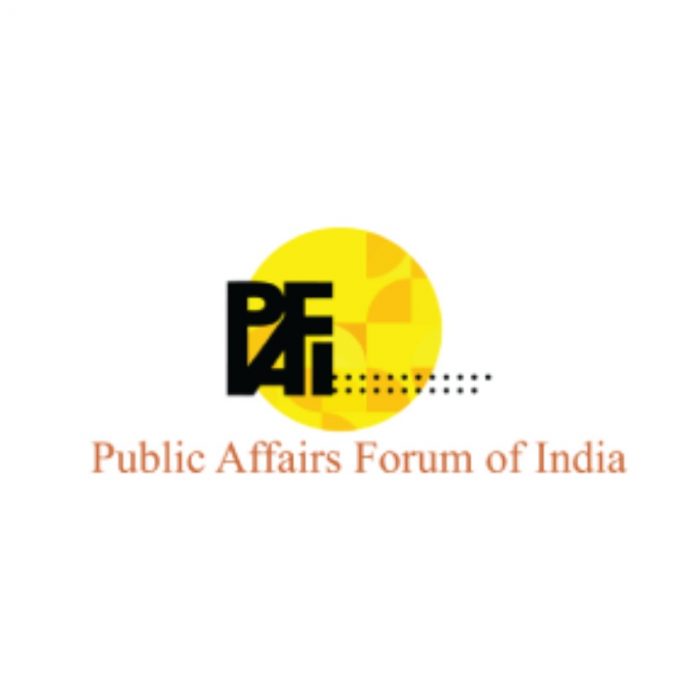New Delhi, April 25, 2022: The Second Annual Lecture of the PAFI (Public Affairs Forum of India) was held in New Delhi in which Mr Rajeev Chandrasekhar, MoS for Electronics & IT, and Skill Development & Entrepreneurship, Government of India was the guest of honour, who was welcomed on stage by Mr Shubho Ray, PAFI president.
In his talk, Mr Chandrasekhar discussed his ideas on how business entities should engage with various stakeholders from Government & Media to Civil Society and Academics.
The honorable minister started his talk by saying, “In the past 35 years I have had the highs of optimism and the lows of skepticism and negativity, and I can safely testify that India’s potential has never been more exciting.”
This line set the tone for the rest of the honourable minister’s speech. Mr Chandrasekhar went on to then talk about how the tech revolution started in India with the advent of cellular phones. From cellular phones to deep technology that has started being used now, through the Internet. He laid strong emphasis on broadcasting the right perspective about India to the world. India currently has 800 million users online, and the numbers are projected to rise to 1.2 billion by 2024–2025.
The minister further spoke about how India has successfully used technology to prevail over the pandemic by seamlessly managing to administer 1.8 million jabs to 1.4 million citizens.
He further stated that the efficiency of governance has changed for the better, and how, earlier, out of every ₹100 released by Delhi, only ₹10–₹15 reached beneficiaries. But thanks to technology and digital payments, he said, beneficiaries of government subsidy schemes such as Ayushmann Bharat medical insurance were getting the entire money that was due to them. Using technology like this to ensure zero leakages was a feat no one had thought of till as close as a decade ago. “Therefore”, the minister said that “the narrative that lies in the custody of the government does not reach people without leakages has been turned on its head.” “This'” he continued, “was and incredibly deep change in the narrative about India.”
Mr Chandrasekhar gave many other examples of how incorporating technology into governance has done wonders. Giving an example of how digitalization has bettered governance, Mr Chandrasekhar said that tax revenues have risen a record 20 percent, on the back of rapid digitalization. Another example he gave is how India is witnessing an incredible number of first-generation entrepreneurs, unlike in the early days where companies were founded only by those that knew people in the corridors of power.
In conclusion, the minister said, “If you look at the last two years, I will then present the case for the coming decade. Today, we have reached a stage where every global leader looks at us with respect and awe, not just in terms of our healthcare performance, but also in terms of our economic bounce back.” He spoke about how the entire world is saying that the next decade belongs to India, given the sea-change the country is going through. He spoke about how Indians have become more confident after digitalization of almost every sphere of their lives.
After concluding his speech, there was a short open house in which Mr Chandrasekhar took questions from the audience, in answers to which he again stressed the importance and criticality of ensuring the pace of digitalization is not allowed to slow down if India has to claim its rightful place in the decade to come.
Finally, Mr Tanmoy Chakraborty, Secretary, PAFI delivered a vote of thanks in which he said that “I thank the honourable minister by drafting the story from where there was a state of chaos to bringing order to the chaos.”

































